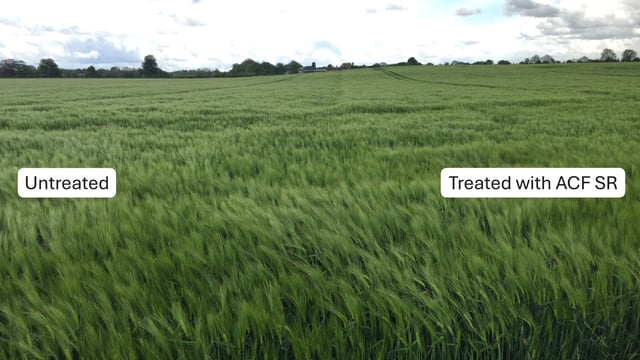Over €900,000 in CAP Pillar II funds defrauded in Latvia
EU authorities have secured a conviction in a court in Latvia after over €900,000 in Pillar II funding under the Common Agricultural Policy (CAP) was fraudulently drawn down.
The European Public Prosecutors Office (EPPO) secured the conviction at a district court in Latvia against an economic operator and company based in the region of Zemgale.
The company was found guilty of "large-scale fraud" in relation to projects funded through the European Agricultural Fund for Rural Development (EAFRD), which funds Pillar II of CAP.
The investigation, which was aided by Latvian police, revealed that the company had defrauded more than €900,000 in EU and state funds, while attempting to obtain a further €624,000.
The fraud concerned two agricultural development projects, implemented in 2019-2020 and 2022-2023.
The construction works for these projects were awarded through "fictitious tenders" to companies secretly controlled by the company at the centre of the case, the EPPO said.
The company then produced false documentation and arranged fictitious financial transactions to disguise the fraud.
The defrauded amounts have been repaid to the Latvian Rural Support Service.
The convicted operator and the beneficiary company will be barred from participating in project calls for three years.
The conviction is a result of plea deal in which the operator was hit with a fine of €75,480, while the legal entity through which the fraud was perpetrated was subject to a "coercive measure" of €425,500, the EPPO confirmed.
In a separate case, the EPPO said last week that it had conducted two searches in Romania and seized €500,000 in assets from a public official, as part of an ongoing investigation into an €850,000 fraud involving an irrigation systems project, funded by the EU.
The investigation revealed that an agricultural cooperative fraudulently obtained €850,000 in EU funds for an irrigation systems project.
Two individuals, the ‘de facto’ president and the statutory president of the co-operative, are suspected of submitting falsified documents to Romania’s Agency for Financing Rural Investments (AFIR), falsely claiming that the cooperative had a board of directors and had held a general assembly to approve the funding request, according to the EPPO.
The EPPO said that the public procurement process was allegedly manipulated to benefit a company linked to one of the suspects, officially administered by his wife.





